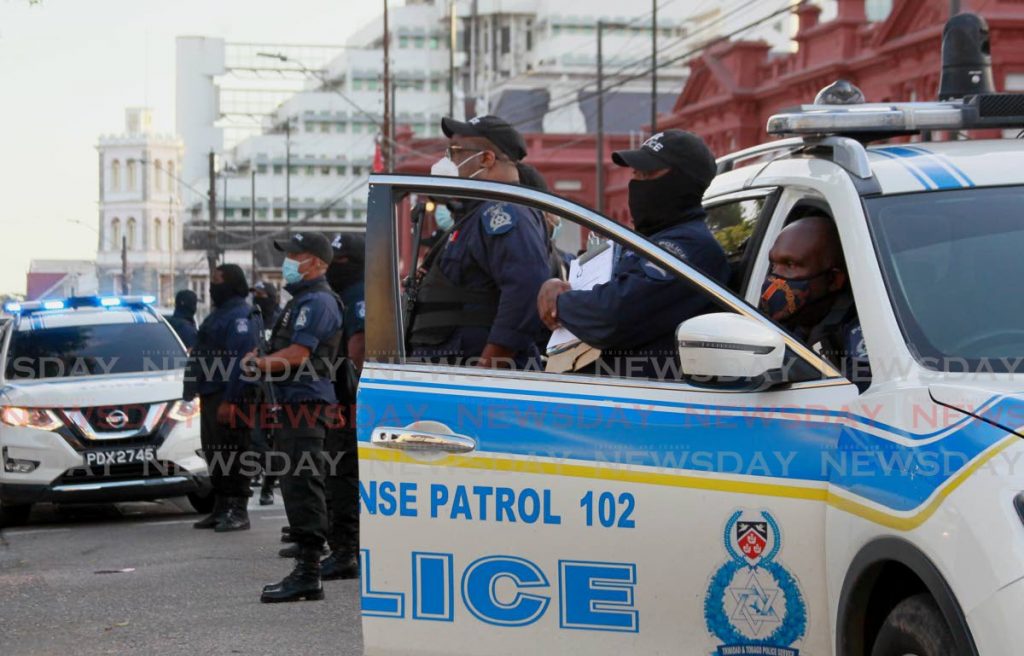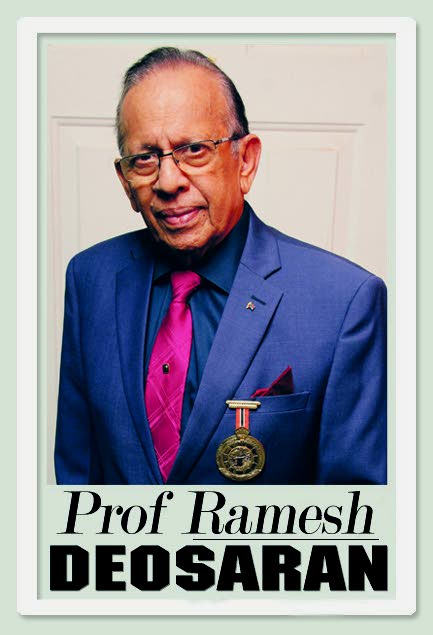Recycling hanging and bail

Justice Joan Charles’s ruling last Tuesday on the death penalty took me back to 1988, when that same issue was raised in court then thoroughly discussed in Parliament and a commission of enquiry was established.
The death penalty and bail suffer from the recycling syndrome. Same thing with election financing, inhumane conditions at remand yard, SEA, praedial larceny, potholes, Petrotrin, etc. That is, each keeps coming up again and again without solving the fundamental problems.
How could this habit change? Why, for example, have gangs been repeatedly allowed to become serious problems, leading to severe no-bail laws ? “Gang suppression” will be a constant work in progress as long as the supply-side conditions remain alive.
Repeating a lot of what the court already said in 1988, Charles said: “While I agree that it may be a valuable exercise to consider and review the legislation governing murder, to take account of the varying circumstances by which a person may take the life of another, this is a task which falls within the domain of the legislative arm of Government.”
The judge was ruling on a claim brought by former AG Anand Ramlogan, SC, who argued that in some circumstances people accused of murder should be granted bail.

He cited the case of Akili Charles who spent nine years in remand for murder, only to have the charge dismissed in May 2019. No bail for murder is the law. However, Ramlogan said that it was “unfair, oppressive and unconstitutional” for an accused to spend such a long time behind bars with no trial and without bail. Justice Charles said “it was not up to the court” to determine this, it “was up to Parliament.”
However, similar advice was already given in 1988 by Justice Jim Davis.
No wonder this population has grown so tired of hearing the same thing over and over, so sceptical of one commission or committee report shelved one upon another, wasting good people’s time. Justice Davis queried government’s ambivalence over the death penalty. It was big news. The ANR-led NAR government tactfully remained quiet. But a lot of political noise, letters to the editor, etc, kept the issue alive.
Hanging issues were recycled. Maybe a polite nudge may help depoliticise the issue, I thought. So taking the cue from Justice Davis’ death-penalty reference, as an Independent Senator, in March 1988, I presented a motion pointing to “the great public concern over the death penalty.” The motion asked that “Government appoint as a matter of urgency a commission of enquiry in 1988 to collect and examine views from the general public on the status and effectiveness of the death penalty.” The motion further asked that “the commission submit its report three months after its appointment so that government could take appropriate action at the earliest opportunity.”
Four things here:
(1) The motion was unanimously accepted. There was lively debate, with thoughtful contributions from Senators Winston Joseph, Allan Alexander, Gerard Furness-Smith, Amrika Tewari, Selwyn Richardson, Anthony Smart and about ten others.
(2) We were using the system. No burning of tyres, no blocking of traffic, no loud protest before Parliament.
But what was the result? (3) Yes, the NAR Government did appoint the commission, headed by Elton Prescott, SC, with members Dr Linda Baboolal and Roma Landreth-Smith. Aided by public consultations, their expeditious report recommended, among other things, that murders be graded according to severity of the murder and punishment executed accordingly.
(4) The recommendations were never implemented – over 30 years now! Mr Prescott told me last week that the commission's recommendations “are still worthy of consideration.”
The death-penalty issue suffers from recycling. It was left hanging there for many years except for the intervention in 1999 by then AG Ramesh Maharaj against the Dole Chadee gang.
Does the majority of the population want it? Is it the PNM or the UNC that does not want to implement it? Is the Pratt and Morgan Privy Council five-year limit the barrier? Is government afraid of international opinion? How come the US and several Middle East and South-Eastern Asian countries (including Singapore) execute? Is the idea of the state taking a life objectionable, especially if now and again, the convicted is innocent?
Enough debate. As Justice Charles implied, government should act now, not recycle.


Comments
"Recycling hanging and bail"